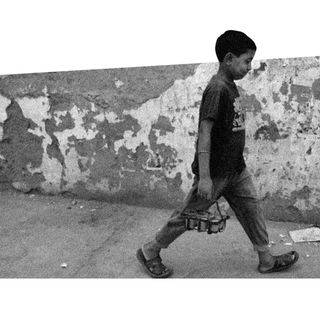At 3:24 p.m on June 12, women across Switzerland staged a mass scream for sixty seconds, protesting unequal pay for men and women in the nation. They chose 3.24 p.m because they calculated that Swiss women, who make 80% of what Swiss men make, would start working for free each day at this particular time. Apart from the scream, women also observed a minute long silence for the victims of domestic abuse, and decried violence against the LGBTQIA+ community.
Swiss women have been protesting for equality since 1991. In the first protest, women blocked trams, gathered outside schools, hospitals and across cities and protested with purple balloons and banners — the color of the Suffragettes. In 2019, half a million people marched to fight for their rights. Though the 2020 protests were a lot less populated due to the Covid19 pandemic, women put aside work, leisure, and responsibilities to gather and march on the streets of Swiss cities like Geneva and Bern.
“We must fight for equal pay, fair distribution of care work, abortion rights, zero tolerance for domestic violence, and more,” Rahel Lüthy, a Swiss protest attendee, told the New York Times. She spoke about how women in the past helped get them where they were, and how there was a lot of work ahead to achieve parity. She added, “And most importantly: We must smash the patriarchy!”
Related on The Swaddle:
Indian Women Are Paid 34% Less Than Male Peers, Oxfam Reports
Though Switzerland is known for its relative neutrality, highest rates of wealth per adult, and high quality of life, the country’s women are still expected to shoulder the brunt of domestic responsibilities and childcare. This work is often unpaid and uninsured, leaving women at the brink of potential poverty when they reach old age, according to what Christa Binswanger, a gender and diversity lecturer at the University of St. Gallen, told the New York Times.
Plus, Switzerland also has an abuse problem. Binswanger says that every two weeks, a Swiss woman is killed in a domestic setting, and that this issue also needs to be flagged and given attention.
Rose-Angela Gramoni, who had joined all the strikes since 1991, told Reuters, “Now I can die in peace, the next generation is here to take over. But for a while, I was very sad. I thought we fought for many things, but we did not finish the job and nobody was here to finish it.”




